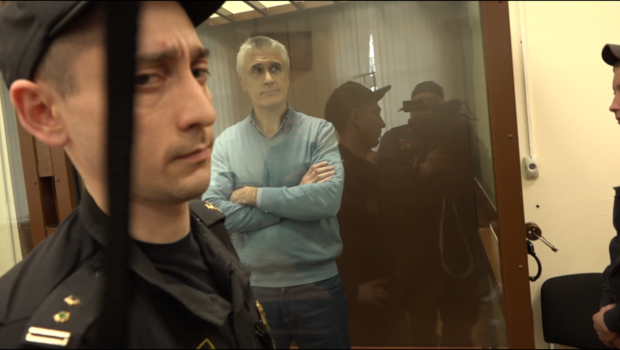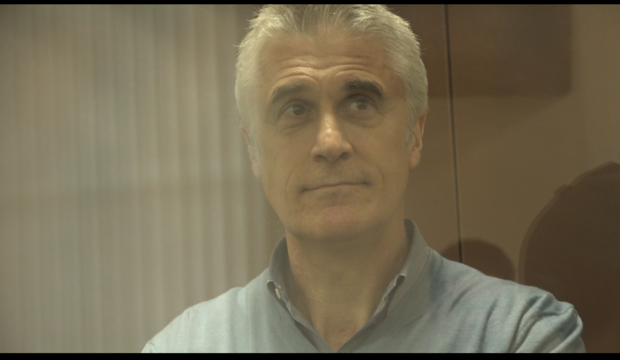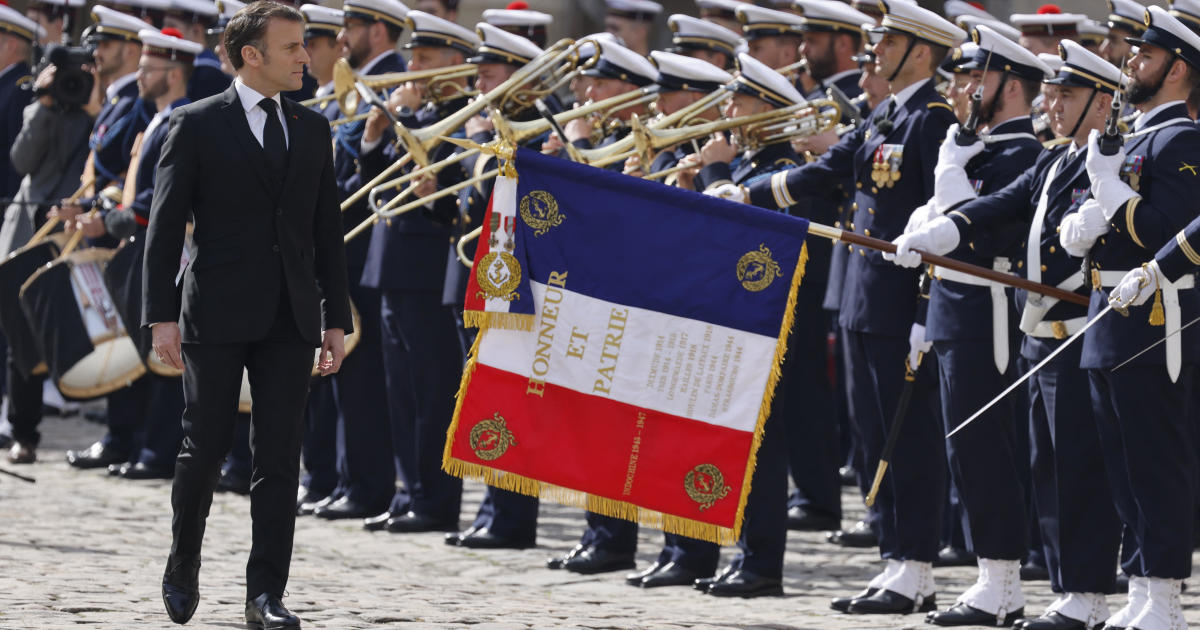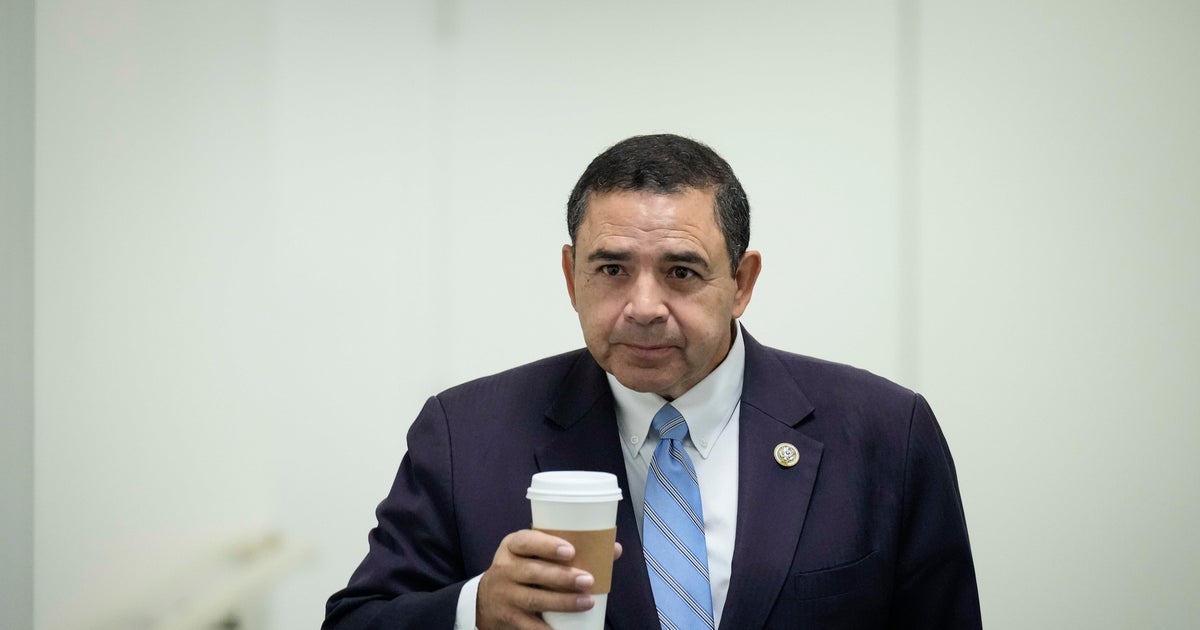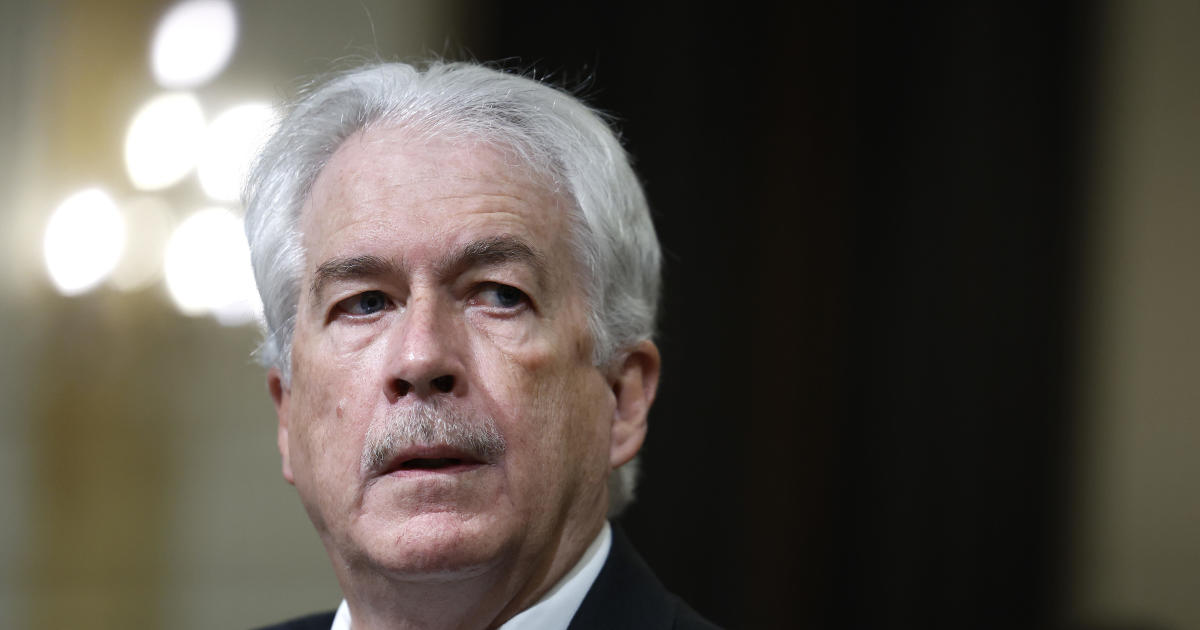Russia lets U.S. fund manager Michael Calvey out of prison, but the business community is rattled
- Michael Calvey, a U.S. investment fund manager and partner at Baring Vostock, is facing charges of embezzlement in Moscow.
- After 2 months in prison, a Moscow court has agreed to let him move to house arrest in the Russian capital, pending his trial.
- His arrest, as a long-time member of the U.S. business community in Moscow, has rattled investors and CEOs.
Moscow -- A Russian court ruled on Thursday to release veteran American investment fund manager Michael Calvey from prison and place him under house arrest pending his trial on fraud charges. The move had been expected, a day after Russia's federal Investigative Committee recommended the transition from jail to home.
Calvey, founder and senior partner at Baring Vostok equity firm, was taken into custody along with five other people, including two Baring Vostok managers, two months ago.
Russian police have accused Calvey and his associates of embezzling 2.5 billion rubles ($37 million) from Vostochny Bank, of which Baring Vostok owns a controlling stake. Calvey has denied all allegations and insisted that his prosecution was the result of a protracted dispute between the bank's various shareholders.
Speaking in court on Thursday, Calvey reiterated that his prosecution was the result of a corporate dispute that should be resolved in civil court. "We are talking about a business dispute that started long before my arrest. I can only regret that the other side of this dispute chose quite a bizarre way to defend their interests," the businessman said.
He added that proving his innocence was "a matter of reputation that I have been building my entire adult life. I am more interested in resolving this case than even my accusers."Calvey assured the court he was not going to try and leave the country.
"Fleeing is something guilty people do. For me, fleeing from Russia because of this case equals admitting guilt and destroying myself," Calvey said.
The businessman will now remain in his apartment in central Moscow. The judge denied the defense's request to allow him two-hour daily walks and to shop for groceries himself.
"Should we be here?"
The U.S. business community in Russia was rattled by Calvey ending up behind bars. Media reports claimed CEOs of U.S. companies were planning to boycott the St. Petersburg International Economic Forum, Russia's most prominent business conference.
"The initial response was shock," Alexis Rodzianko, president of the American Chamber of Commerce in Russia, told CBS News. "Each of us was suddenly worried: Should we be here?"
For U.S. businesses and investors, Russia remains a strategic, important market; it is a wealthy country and still home to the largest single group of consumers in Europe.
"Moscow alone is the size of a medium-sized European country. It's not a trivial market, it's a big market, and it's an interesting market," Rodzianko said.
While the overall amount of direct foreign investments into Russian companies has fallen drastically over the past 15 years -- to $15.9 billion in 2018, the lowest since 2004, according to a recent report by Russia's Central Bank -- surveys of the American Chamber of Commerce in Russia show the amount of U.S. investment remains stable.
"Investments and reinvestments from operations here (in Russia) are quite significant, somewhere between $2 billion and $3 billion in each of the last three years," Rodzianko said.
Despite the Kremlin's loud anti-American rhetoric, the Russian government has not restricted American business from operating in the country, he said, adding that to the contrary, Moscow has actually done quite a bit to encourage business.
Investment climate damage
But the case against Calvey did hurt Russia's business and investment climate. "A lot of people drew back. Anybody in that particular industry, the venture capital business, had to seriously reassess the risk levels," Rodzianko said.
The perception in Russia is that the law enforcement and judicial system is, for those with the right connections, available to help overcome ones business competitors. Rodzianko told CBS News it happens too often.
Russia's business ombudsman Boris Titov estimates there are around 6,000 Russian businessmen in prison today because business rivals put them there.
Rodzianko believes it's one of the reasons why there aren't enough small businesses in Russia -- an environment in which individual property rights are not protected, and the presumption of innocence can be, essentially, a hollow promise.
"That's a problem for the Russian investment climate, a large (one), but it is not a new thing. What is new is that it's reaching foreign investors and especially prominent foreign investors, like Michael, with a really good reputation and long track-record in doing business here carefully, properly," Rodzianko said.
"All of us sit here and say to ourselves: 'We're different, we don't get involved in things…' And it turns out we're not as protected as we imagine. That's the personal shock that all U.S. business people felt."
